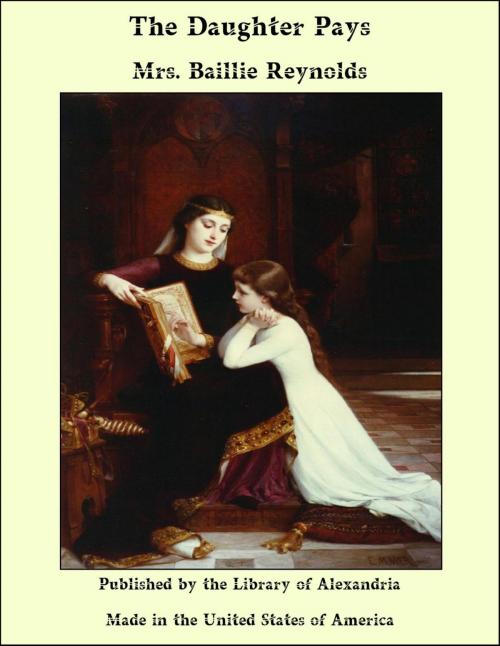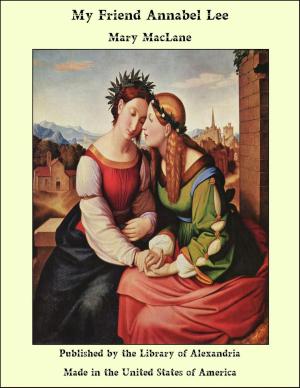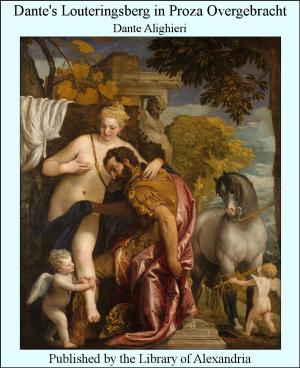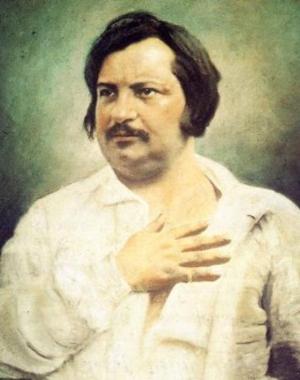| Author: | Mrs. Baillie Reynolds | ISBN: | 9781465576194 |
| Publisher: | Library of Alexandria | Publication: | March 8, 2015 |
| Imprint: | Language: | English |
| Author: | Mrs. Baillie Reynolds |
| ISBN: | 9781465576194 |
| Publisher: | Library of Alexandria |
| Publication: | March 8, 2015 |
| Imprint: | |
| Language: | English |
The full sunshine of late June, tempered by the medium of London atmosphere, illumined the long extent of Gallery Number Sixteen at Hertford House. It was a pay-day, and there were, in consequence, but few visitors. The expanse of polished floor glimmered with a suggestion of coolness, a hint of ice; and the summer light touched with brilliance the rich colour on the walls, the mellow harmonies of the bits of old furniture ranged below. The space and solitude, the silence and sunlight, emphasised and threw into strong relief the figures of two girls, deep in contemplation before the portrait of Isabella, wife of Paul de Vos. Though these were modern, even ultra-modern, Nattier and Boucher, great interpreters of an artificial age, might have hailed them as kindred spirits. They seemed eloquent of all that luxury could produce in the way of exotic perfection. But for the absence of rouge and powder, they were as far removed from the dingy, the commonplace, or the underbred, as any pre-Revolution marquise, smiling from the windows of her château upon a world dark with misery, convulsed with pain, and all unconscious of its very existence. Far indeed from these hot-house blooms seemed the seamy side. They were of those who feed on the roses and lie in the lilies of life. They belonged to the class which a novelist of our own day has so happily described as expensive. They were the fine flower of our epoch, and unconscious of their own supreme selfishness.
The full sunshine of late June, tempered by the medium of London atmosphere, illumined the long extent of Gallery Number Sixteen at Hertford House. It was a pay-day, and there were, in consequence, but few visitors. The expanse of polished floor glimmered with a suggestion of coolness, a hint of ice; and the summer light touched with brilliance the rich colour on the walls, the mellow harmonies of the bits of old furniture ranged below. The space and solitude, the silence and sunlight, emphasised and threw into strong relief the figures of two girls, deep in contemplation before the portrait of Isabella, wife of Paul de Vos. Though these were modern, even ultra-modern, Nattier and Boucher, great interpreters of an artificial age, might have hailed them as kindred spirits. They seemed eloquent of all that luxury could produce in the way of exotic perfection. But for the absence of rouge and powder, they were as far removed from the dingy, the commonplace, or the underbred, as any pre-Revolution marquise, smiling from the windows of her château upon a world dark with misery, convulsed with pain, and all unconscious of its very existence. Far indeed from these hot-house blooms seemed the seamy side. They were of those who feed on the roses and lie in the lilies of life. They belonged to the class which a novelist of our own day has so happily described as expensive. They were the fine flower of our epoch, and unconscious of their own supreme selfishness.















